Visual Computing Institute - RWTH Aachen University (original) (raw)
Welcome to the Visual Computing Institute

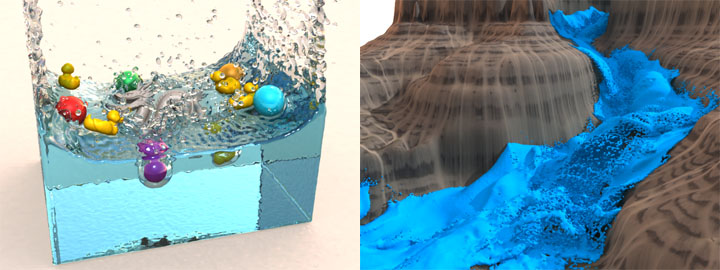


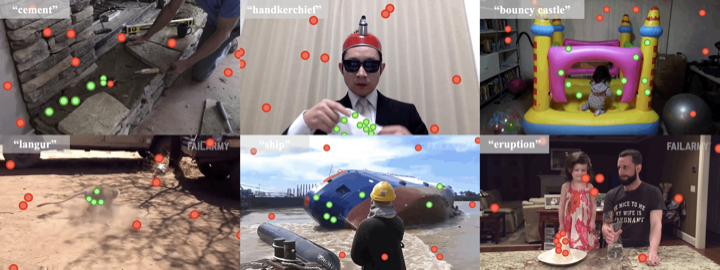
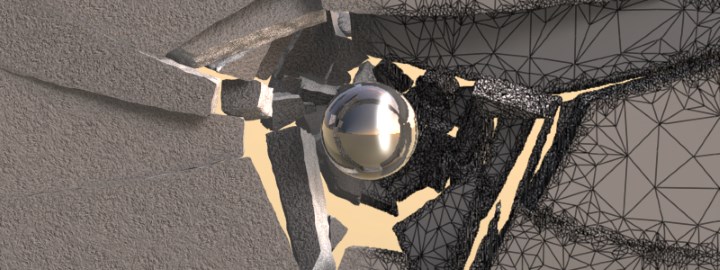


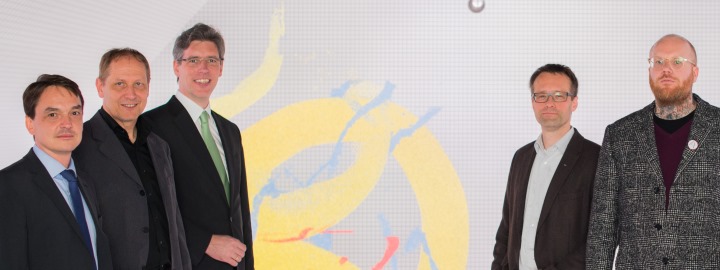
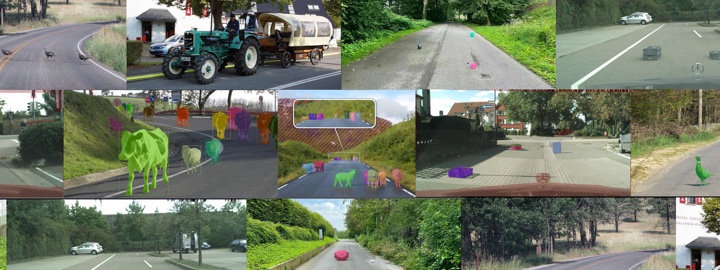
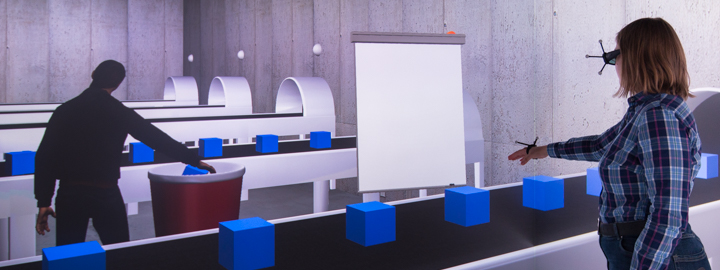
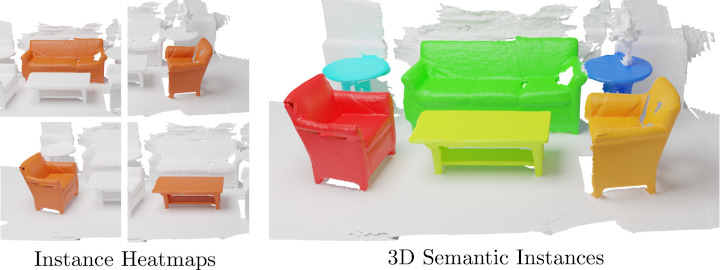


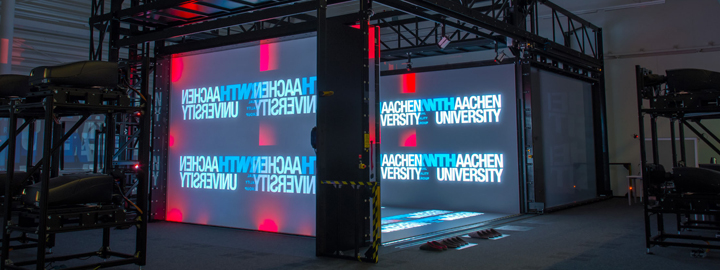

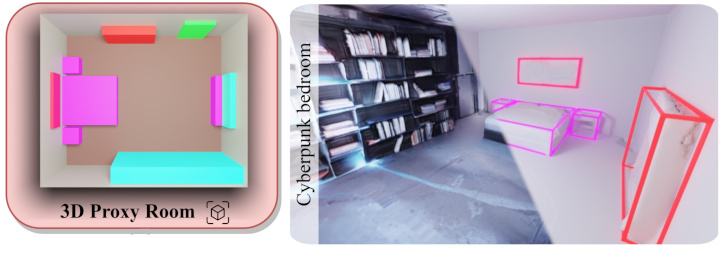
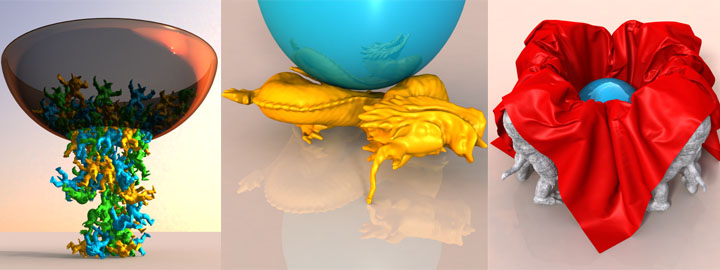
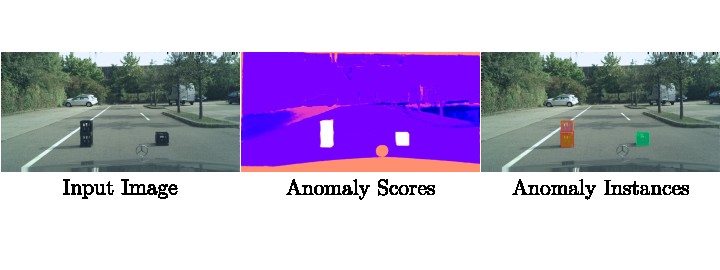
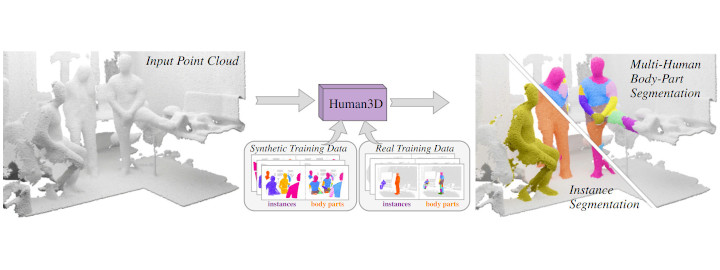

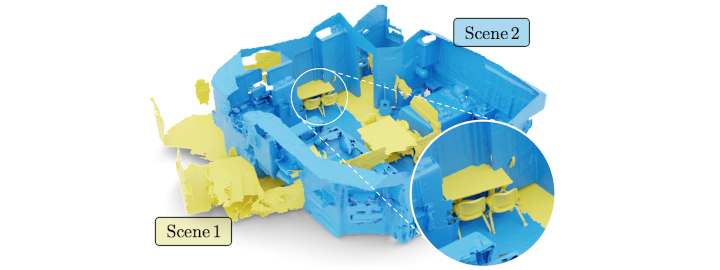


From a Master Thesis: Reorientation in Virtual Environments Using Interactive Portals
fluid dynamics
From our project: Generalized Use of Non-Terminal Symbols for Procedural Modeling
From our Medicine Project: Bilateral Sagittal Split Osteotomy
Point-VOS: Pointing Up Video Object Segmentation
fracture simulation
Gottfried Wilhelm Leibniz Prize 2014 Ceremony
From the Human Brain Project: Interactive Exploration of Simulated Brain Areas
Art Meets Virtual Reality: Start of the Future Lab 2016
OoDIS: Anomaly Instance Segmentation Benchmark
From our SeedFund Project: Avatars as Peers at Work
Mask3D for 3D Semantic Instance Segmentation
From our Image Representation and Manipulation project: Two-Colored Pixels
From our student project: Super Smash Panda
aixCAVE of RWTH Aachen University
From our Architectural Geometry project: Rationalization of Triangle-Based Point-Folding Structures
ControlRoom3D: Room Generation using Semantic Proxies
position based dynamics
UGainS: Uncertainty Guided Anomaly Instance Segmentation
3D Segmentation of Humans in Point Clouds with Synthetic Data
From our Excellence Cluster: Integrative Production Technology for High-Wage Countries
Mix3D: Out-of-Context Data Augmentation for 3D Scenes
From our Simulation project: Wave Propagation using the Photon Path Map
From our Simulation Project: Virtual Air Traffic System Simulation

The Visual Computing Institute is a research institute within the Computer Science Department at RWTH Aachen University. It brings together all research groups that are addressing the diverse scientific aspects of the generation, processing, analysis, and display of visual data. As such, the VCI covers a very broad spectrum of research competences ranging from geometry processing and computer graphics to computer vision, immersive visualization and simulation. Our mission is to develop innovative methods and algorithms in this area and to create impact in fundamental research as well as in industrial applications. Further information about projects, research, and teaching activities can be found on the individual group websites:
News
| • | Our papers Quantised Global Autoencoder: A Holistic Approach to Representing Visual Data and Bijective Feature-Aware Contour Matching received best paper award and best presentation award respectively, at the 30th VMV 2025. | Oct. 7, 2025 |
|---|---|---|
| • | We have a paper on improved visual data generation at ICCV 2025. | Oct. 6, 2025 |
| • | Martin Bellgardt receives doctoral degree from RWTH Aachen UniversityToday, our former colleague Martin Bellgardt successfully passed his Ph.D. defense and received a doctoral degree from RWTH Aachen University for his thesis on "Increasing Immersion in Machine Learning Pipelines for Mechanical Engineering". Congratulations! | April 30, 2025 |
| • | Active Participation at 2024 IEEE VIS Conference (VIS 2024)At this year's IEEE VIS Conference, several contributions of our visualization group were presented. Dr. Tim Gerrits chaired the 2024 SciVis Contest and presented two accepted papers: The short paper "DaVE - A Curated Database of Visualization Examples" by Jens Koenen, Marvin Petersen, Christoph Garth and Dr. Tim Gerrits as well as the contribution to the Workshop on Uncertainty Exploring Uncertainty Visualization for Degenerate Tensors in 3D Symmetric Second-Order Tensor Field Ensembles by Tadea Schmitz and Dr. Tim Gerrits, which was awarded the best paper award. Congratulations! | Oct. 22, 2024 |
| • | Honorable MentionOne Best Paper Honorable Mention Award of the VRST 2024 was given to Sevinc Eroglu for her paper entitled “Choose Your Reference Frame Right: An Immersive Authoring Technique for Creating Reactive Behavior”. | Oct. 11, 2024 |
| • | Tim Gerrits as invited Keynote Speaker at the ParaView User Days in LyonParaView, developed by Kitware is one of the most-used open-source visualization and analysis tools, widely used in research and industry. For the second edition of the ParaView user days, Dr. Tim Gerrits was invited to share his insights of developing and providing visualization within the academic communities. | Sept. 26, 2024 |